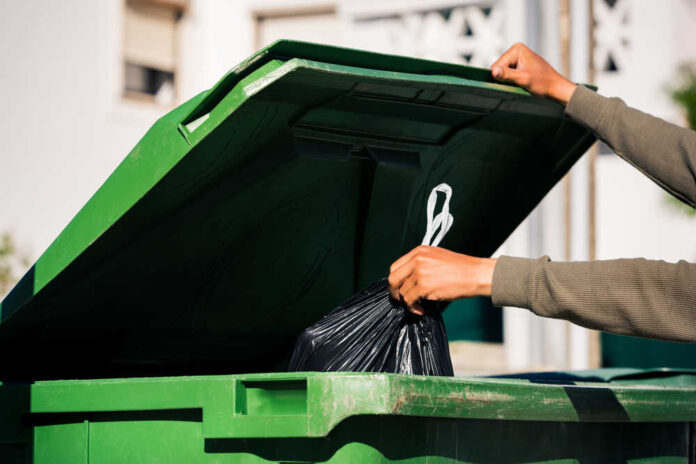
According to a recent study by The Recycling Partnership, Americans only recycle a small percentage of the items that may be recycled from their household trash.
There is a significant loss of recyclables at home, with just 21% of materials being recycled in the US. This includes paper, cardboard, and milk cartons. Additionally, the survey discovered that the availability of recycling services among households explains the variation in recycling rates among states. Among the states with high rates of recycling program participation, Utah ranks first with 70%, followed by Nevada, Colorado, and Arizona with 68%.
About 43 percent of American homes recycle some kind of trash. Only 59% of homes with access to recycling utilize it; thus, more engagement is needed to change recycling statistics. According to the research, these deficiencies may be filled by proactive investment from the sector and extended producer responsibility (EPR) legislation. The report lays out five requirements that TRP has identified for the system to be efficient. These include making all packaging recyclable, making recycling available to all households, involving residents fully, having material recovery facilities that can process recyclables effectively, and having enough end markets for recyclables.
With an emphasis on the five criteria for an effective system, the paper proposes ways to enhance recycling systems. Environmentally Responsible Production (EPR) should be implemented nationally and in the state, with investments in recyclable packaging, improvements funded where gaps are largest, and opportunities capitalized where material loss is highest. According to the study, state and community recycling officials are urged to use the data to take action via public involvement, education, and communication. According to the paper, implementing system-wide change requires a well-defined strategy and a strong feeling of urgency. Increased recycling and increased collaboration to raise recycling rates are priorities for the Plastics Industry Association in Washington.













